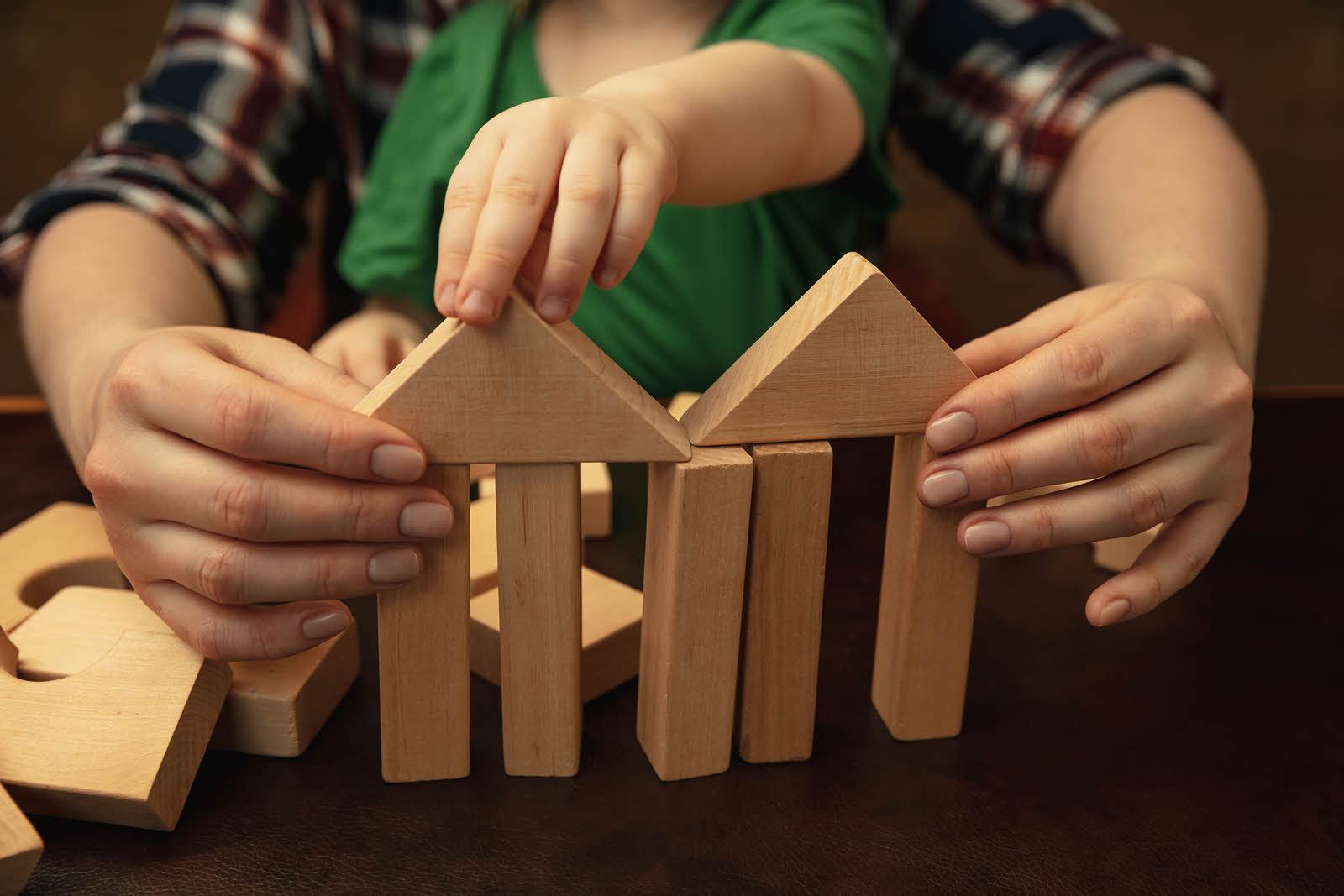The development of children and adolescents goes through stages or periods in which a special predisposition to learn a specific skill arises. Observant parents will have noticed in their children that tireless enthusiasm for acquiring some skill, for example, learning to walk. These periods of development are known as sensitive, critical or sensitive periods. Order and autonomy constitute two important periods of children’s evolutionary development.
Order is the quality or virtue of being able to organize material things according to a certain criterion or sequence. It not only refers to the material, but also to the organization of ideas, time planning and life habits. The sensitive period of the order is between one and a half years and 6 years of age. The sensitive period of autonomy begins around 2 to 3 years. Autonomy is having the ability to act with independence and self-control. We clearly identify the beginning of this period when the child begins to say: “On my own!”, laying the foundations of will, perseverance and personal effort. It is very important that parents allow their children to experience and resolve situations on their own. If they manage to succeed, they will feel gratified and this increases their self-esteem. If, on the other hand, they do not adequately develop autonomy, they will begin to feel shame, guilt and low self-esteem.
The year 2020 has been difficult for everyone. In the family and school environment we have gone through a period of sudden changes. Students have had to adapt to remote classes and living confined at home, perhaps their parents were busy solving the multiple problems associated with the pandemic, remote work, and supervising their children. In many homes, strong stress has been experienced, aggravated by the fear of contagion or the loss of loved ones, all of which has had an impact on academic performance and achievement. When facing the screen, perhaps a percentage of our children and adolescents have preferred to connect to virtual games and other applications without attending classes or completing their homework, evidencing a lack of order, organization, autonomy and responsibility.
Fortunately, there is neuroplasticity, the ability of the brain or nervous system to relearn and generate new synaptic connections, allowing certain brain areas to assume other functions for which they were not initially designed. Neuroplasticity is closely associated with systematic reinforcement and remedial therapy. So, if a child has not developed his full potential for order, organization and autonomy, he can improve with positive reinforcement.
The key concepts that will help us reinforce order are: development of healthy habits, physical, mental, and emotional balance; respect for authority and agreements; proper use of time. The key concepts that will help us reinforce autonomy are: being bold to take the initiative; responsibility; self-confidence, self-discipline and self-government. Let’s all strive to make this year a very good one and to continue overcoming obstacles with optimism and confidence!
Gloria Elena Gurmendi
Psychopedagogical Area Coordinator


